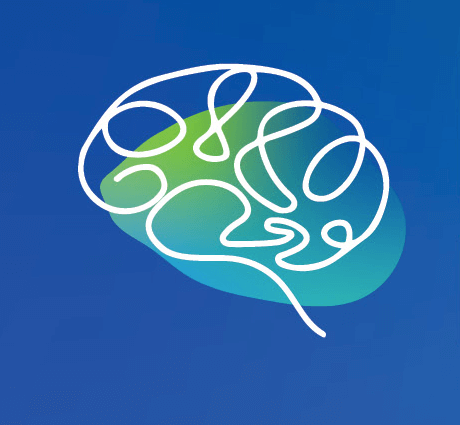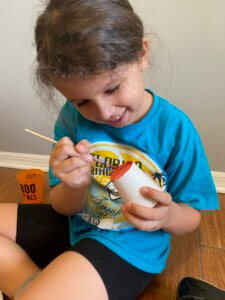
Mindleader Message in A Charlie Brown Christmas Live on Stage
What Charlie Brown Teaches Us About Honesty, Connection, and Support...
Learn MoreOrlando Family Stage
The Finest in Family Theater
This November, during Arts and Health Month, we’re exploring a powerful question:
What if your child’s next prescription was… art?
After a long day, your child curls up and draws a comic strip. Or they sing while building a LEGO castle, inventing a soundtrack as they go. Maybe they act out a made-up character with a sibling, taking turns leading the story.
To them, it’s play. To researchers, educators, and even doctors, it’s something more. This is creativity as medicine. And it’s more real than you might think.
Social prescribing is a growing movement in healthcare where doctors, nurses, and mental health professionals “prescribe” non-medical activities, like painting, dance, music, or community theatre, to support a person’s well-being.
It started in the UK’s National Health Service, where thousands of patients are now referred to arts and community programs instead of, or alongside, traditional medicine. And it’s catching on in the U.S., particularly in pediatric and public health contexts.
A “link worker” or care coordinator helps match a person to activities that meet their emotional, social, or creative needs. Why? Because the evidence is clear: belonging, purpose, and creativity help people heal.

Children and teens process emotions through play, movement, and imagination. They’re how kids build emotional literacy, empathy, and problem-solving skills.
At Orlando Family Stage, we see it daily:
When kids engage in creative activities, they’re both being expressive and regulating, relating, and rehearsing how to move through the world.
Doctors are starting to say, “Not alone.”
Physicians and therapists are recognizing that mental and emotional health depend on more than just clinical intervention. When a child’s anxiety is rooted in social isolation, when their behavior changes after a big move or loss, sometimes a prescription for community, connection, and creativity is exactly what’s needed.
Social prescribing is not about replacing medical care; it’s about integrating holistic support into everyday life.
Even without a referral, families can take proactive steps to incorporate creative care:
✅ Start small: A family doodle night, a shared poetry journal, or inventing silly songs for daily routines.
✅ Look local: Seek out libraries, community centers, and theater programs offering arts access. (Our own programs at Orlando Family Stage are a great place to start.)
✅ Reframe the arts as essential: Creative expression is a vital way to process emotions and make sense of the world. Not just a reward for good behavior.
✅ Use the tools of the stage at home: Co-create bedtime stories, let kids lead a pretend talk show, imagine “what could happen if…” These are moments of connection and healing.
Because the brain loves story, rhythm, and pattern. Because the body remembers joy. And because when children are given safe, creative ways to express themselves, they build the tools to navigate challenges without shame, fear, or isolation.
We are not all doctors. But we are caregivers, educators, artists, and community members. And together, we can offer our young people a kind of care that’s proactive, playful, and deeply human.
As we observe Arts and Health Month, consider what’s in your family’s wellness toolkit.
Maybe it’s crayons and costumes. Maybe it’s music and movement. Maybe it’s joining a community of fellow creators, right here at Orlando Family Stage.
Whatever it is, let’s make creative care part of the prescription for a healthier, more joyful world.
Don't miss out on the magic. Grab your tickets now and
make unforgettable memories at Orlando Family Stage!